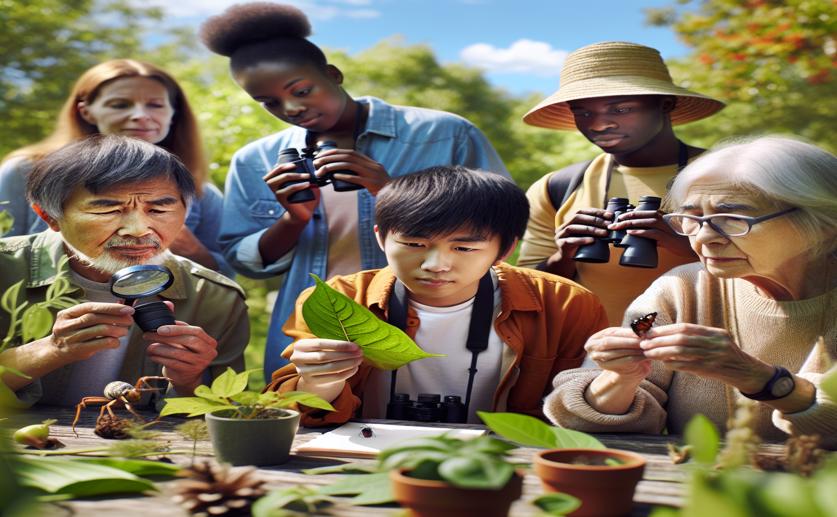
Building Local Knowledge by Studying Nature Together
Jim Crocker
4th March, 2024

Image Source: Natural Science News, 2024
Key Findings
- In Tasmania, landholders and researchers teamed up for wildlife conservation
- The WildTracker project combined local knowledge with scientific data
- This collaboration led to a new model for effective conservation research
References
Main Study
1) Local Ecological Learning: Creating Place-based Knowledge through Collaborative Wildlife Research on Private Lands.
Published 10th November, 2023
https://doi.org/10.1007/s00267-023-01907-9
Related Studies
2) Tracing the rise of malignant cell lines: Distribution, epidemiology and evolutionary interactions of two transmissible cancers in Tasmanian devils.
3) Ecosystem management as a wicked problem.
4) Participatory monitoring and evaluation to aid investment in natural resource manager capacity at a range of scales.



 25th February, 2024 | Jenn Hoskins
25th February, 2024 | Jenn Hoskins